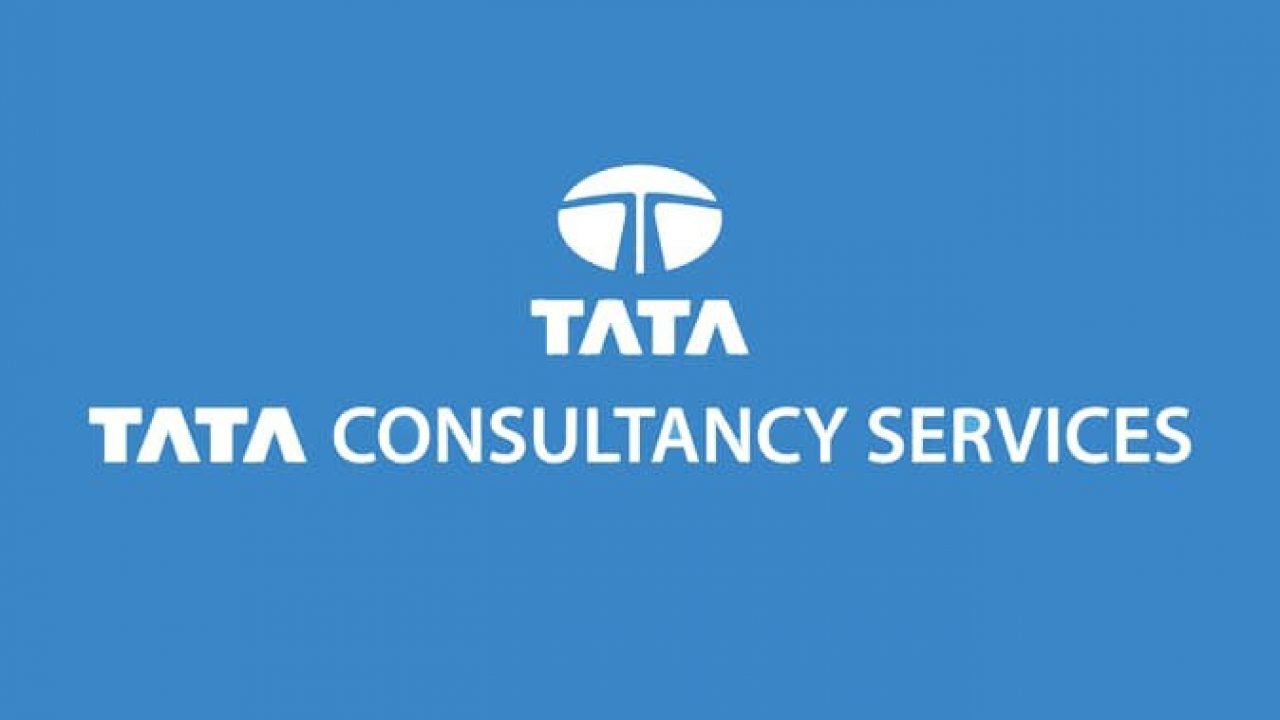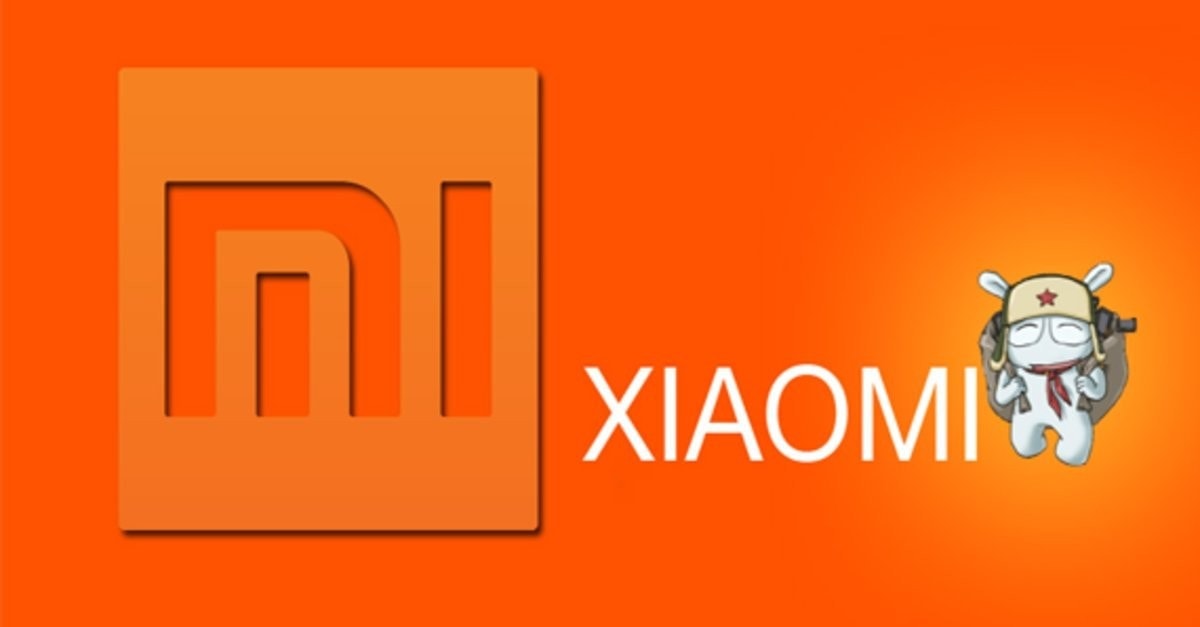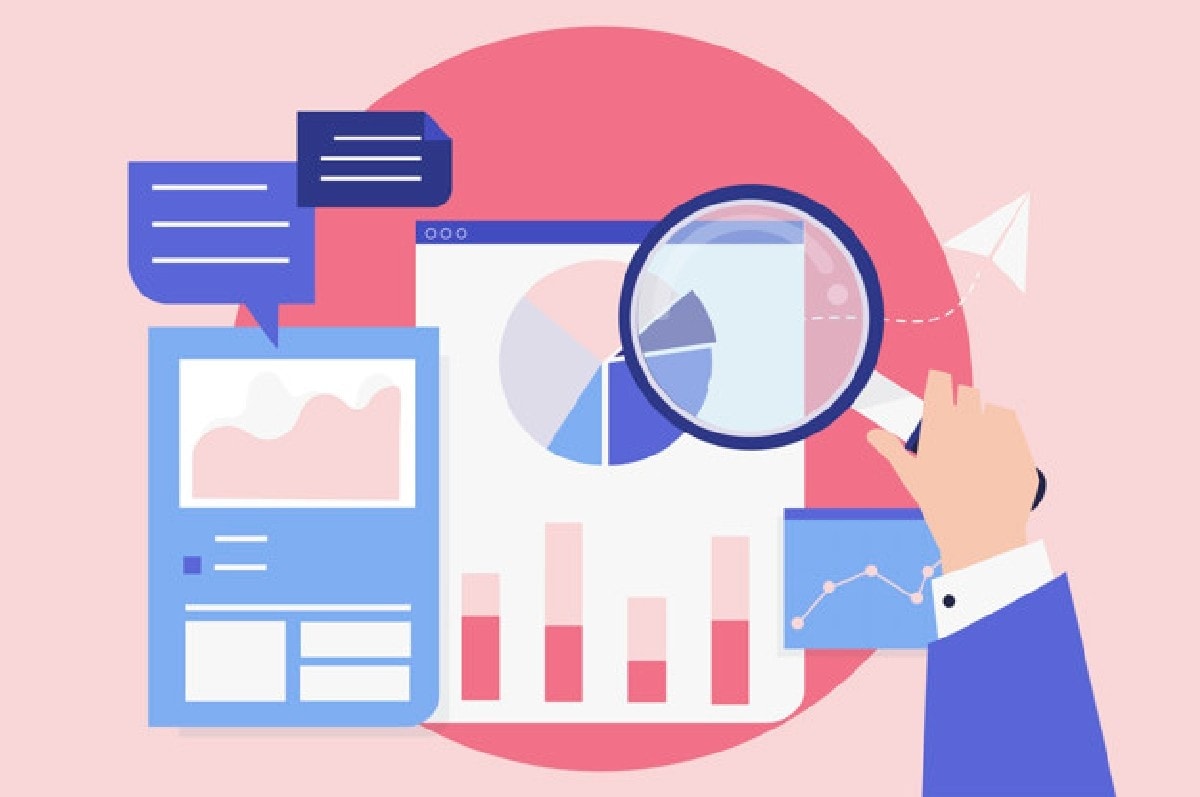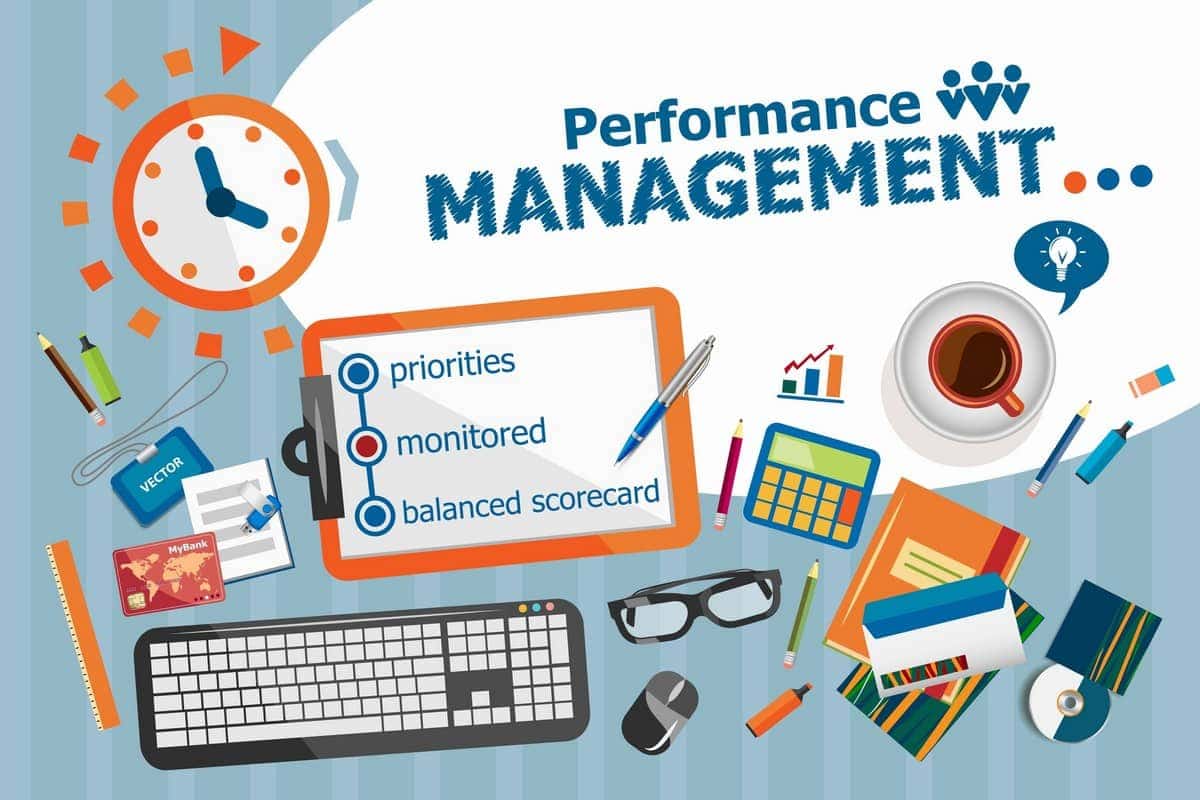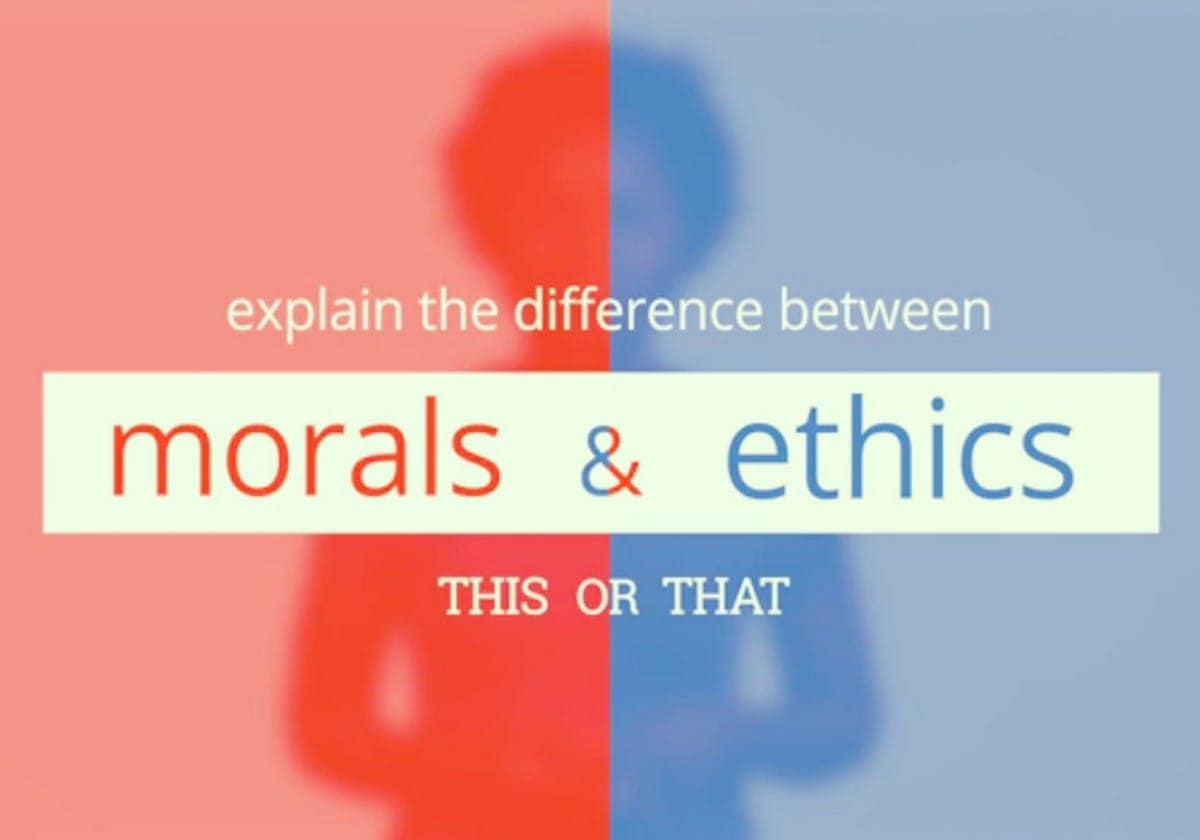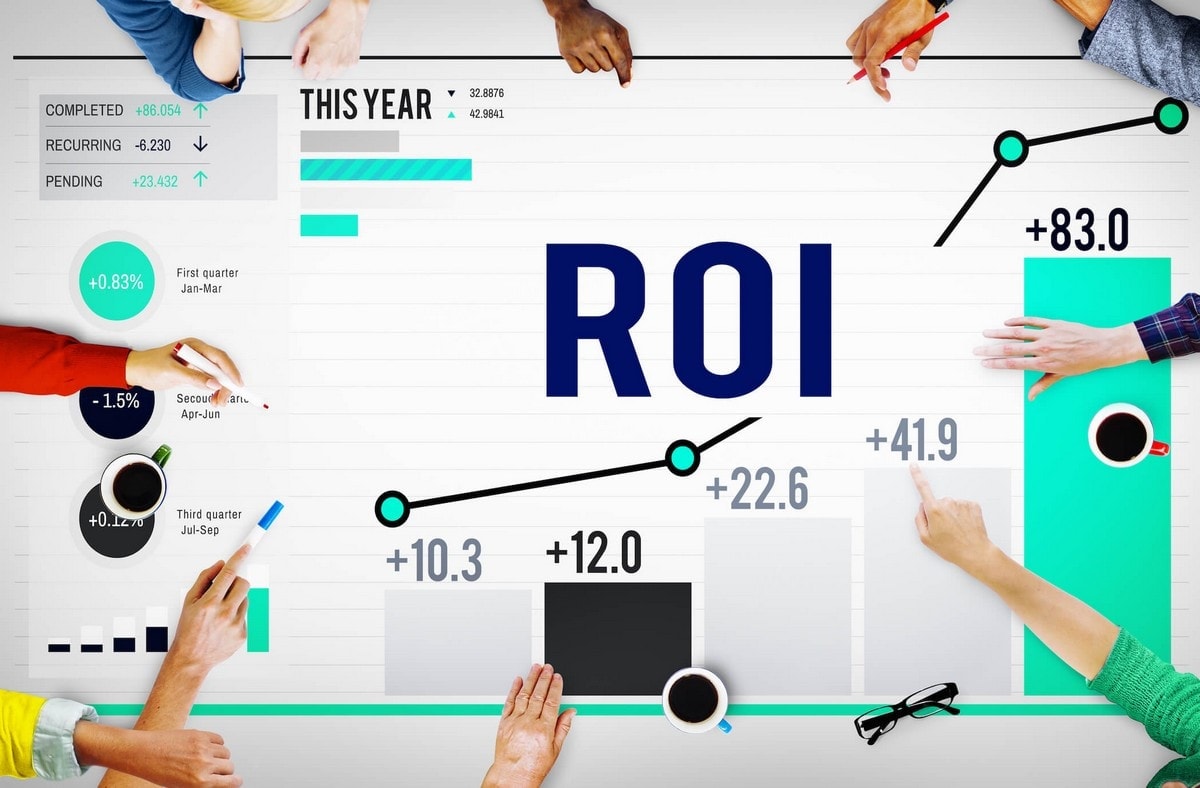Open Door Policy is a management process where every single employee in an organisation can gain access to senior executives without being deterred by any…
What is the Importance of Listening?
Listening is an active process where patience, compassion, and determination play significant roles. Human behavior is such that it tends to block out most of…
The Importance of Education in our Everyday Lives
Education is a lifelong process that starts at birth and continues until the last breath. Some consider it as a synonym of informal learning which…
11 Reasons Why Importance of Research Advice for Business
Research is the building block upon whose shoulders rests the advancement and growth of mankind. It opens the doors of the mind so that we…
What is Social Responsibility? – Definition, Understanding, Examples
Social responsibility is defined as a concept where both an individual, as well as a business entity, has an obligation towards the interest and welfare…
Employer Branding: Meaning, Process and How to Improve Employer Branding?
What Is Employer Branding? Employer branding is the process of using marketing techniques to make a company’s name more attractive to potential employees. This can…
Business Model of Tesla – How does Tesla earn money?
Founded in the year 2003 by Elon Musk, Marc Tarpenning, Ian Wright, Martin Eberhard, JB Straubel- Tesla is energy, lifestyle, and automotive company. The business…
Business Model of Trivago – How does Trivago make money?
Founded in the year 2005, Trivago offers online services and products related to hotels and lodging. The business model of Trivago revolves around Travel, Information…
Business Model of Uber – How does Uber make Money?
Uber’s business model is a multinational transportation network used for peer-to-peer ridesharing, ride-hailing, and bicycle-sharing. Founded by Travis Kalanick and Garrett Camp, Uber is an…
Business Model of TCS – How TCS Makes Money?
The world is an extremely competitive market. Every company needs to have an edge over the other so that it can progress. A balanced combination…
The Importance Of Organizing
The dictionary meaning of organizing is to arrange something systematically. In an organization, the meaning of organizing is an effective arrangement of work among the…
Business Model of Walmart – How Does Walmart Make Money?
Walmart is an American multinational retail corporation that comprises of a chain of hypermarkets, grocery stores, and discount department stores. It is the world’s largest…
Ways To Sell A Product – Top 10 Ways To Sell A Product
Every company runs on the revenue and the sales department is the only department that generates revenue for the organization. It can be any kind…
Business Model of Xiaomi – How does Xiaomi Make Money?
Xiaomi Corporation is a Beijing based company founded in 2010. Xiaomi launched its first Smartphone in 2011 and grabbed the market rapidly. By 2014 it…
Business Model of YouTube – How does YouTube Make Money?
Created in the year 2005, YouTube is a video-sharing website. The business model of YouTube revolves around allowing users to view, upload, share, rate, add…
Business Model of Zara – How does Zara make money?
Inditex, commonly or worldwide known as Zara, is considered as the world’s largest clothing manufacturing company. Zara is a Spanish based clothing and accessory brand…
Top 5 Characteristics of Demand
Supply and demand are two essential terms frequently used in the business world. Demand is one of the most important factors in deciding the success…
Business Model of Zomato – How does Zomato make money?
The business model of Zomato revolves around providing food delivery services, information, user reviews and menus of partner restaurants. Zomato’s business model has revolutionized the…
Management Consulting – Advantages of Management Consulting
Management consulting can be defined as when the management of an organization seeks the consultation of outside experts to manage their organizations effectively. The management…
Business Model of Netflix – How Does Netflix Make Money?
The business model of Netflix is a subscription-based model that makes money via basic, standard, and premium subscription plans while offering access to stream series,…
Business Model of LinkedIn – How does LinkedIn make Money?
When there is a discussion about the companies that are able to provide some of the best services to the people in the best way,…
Research Techniques – Top 10 Market Researches Methodologies
While conducting research, it should be ensured that the proper techniques and tools of research should be used. Only with the help of proper tools,…
The Importance of Respect
Respect is a feeling that develops because of good thoughts about someone and treating them in a manner that shows your admiration for him and…
Business Model of Kickstarter – How does Kickstarter Make Money?
Launched in the year 2009, Kickstarter is actually an American Public Benefit Corporation. The business model of Kickstarter revolves around maintaining a global crowd-funding platform…
Business Model of OYO Rooms – How does OYO Rooms Make Money?
Do you have a wish to know about the business model of OYO Rooms? In case the answer to that question is a yes, then…
Secondary Data – Characteristics, Advantages and Examples
When the data is collected by someone else and it is being used by someone other than the collector, then it is known as secondary…
Scientific Management -Principles & Techniques by Frederick Taylor
The principles of scientific management can be attributed to a mechanical engineer named Frederick Taylor who devised ways to perform work efficiently. Frederick Taylor was…
Risk Matrix – Meaning, Explanation, Basics, Impact and Implementation
A risk matrix is a tool that is used to assess the risk and its visibility by taking into consideration the probability against the consequence…
Responsibilities of a Supervisor – 14 Functions of a Supervisor
A supervisor belongs to lower-level management. One of the prime responsibilities of a supervisor is to monitor and regulate the performance of employees for the…
What is the Importance of Writing?
Writing is considered a vital component of expression that can explain specific information or thoughts to others. It is an important job skill that provides…
Business Letter Format -5 Templates of a Business Letter
A business letter is a means of formal correspondence between professionals. Business letter format needs to be carefully selected to have maximum impact. It is…
Importance of Quantitative Research
Quantitative research is a systematic approach to collect information via sampling methods, for instance, questionnaires, online polls and online surveys. It is gathered from both…
Performance Management: Meaning, Objectives, and Benefits
The role of Human Resource (HR) department in any organization has moved to new standards over the past few years. The focus of the department…
Top 12 Characteristics of Bureaucracy
A bureaucracy is a type of organization which is different from informal organizations. Bureaucracy is more complicated than any other type of organisation. The term…
What does a Marketing Lead do? Job Overview & Role in Converting Leads
A marketing lead is a professional who manages a marketing team that produces and converts leads. The marketing leader is responsible for developing effective tactics…
Marketing Process: Meaning, Steps & Examples
The marketing process is used to analyze the various opportunities that are available in the marketplace to exploit profitable gaps. It aims to select the…
Ethics vs Morals: Key Differences in them
Ethics deals with the right and wrong conduct of an individual or group of individuals and it is governed by individual/legal/professional norms. Therefore, ethics has…
Sales Channel Strategies: Meaning, Strategy, Types, and Advantages
Sales channel strategies are plans to be able to move the products manufactured by the company to its end users with the help of chain…
What is Marketing ROI? Definition & Simple Formula To Calculate It
Marketing ROI is a metric that calculates the return on investment (ROI) received from implementing marketing strategies. Calculating ROI in marketing is important to gauge…
What is Product Description In E-Commerce and How to Write It?
The product description in e-commerce is a tool for marketing which describes the value of the products in proposition to the customer’s buying potential. An…









